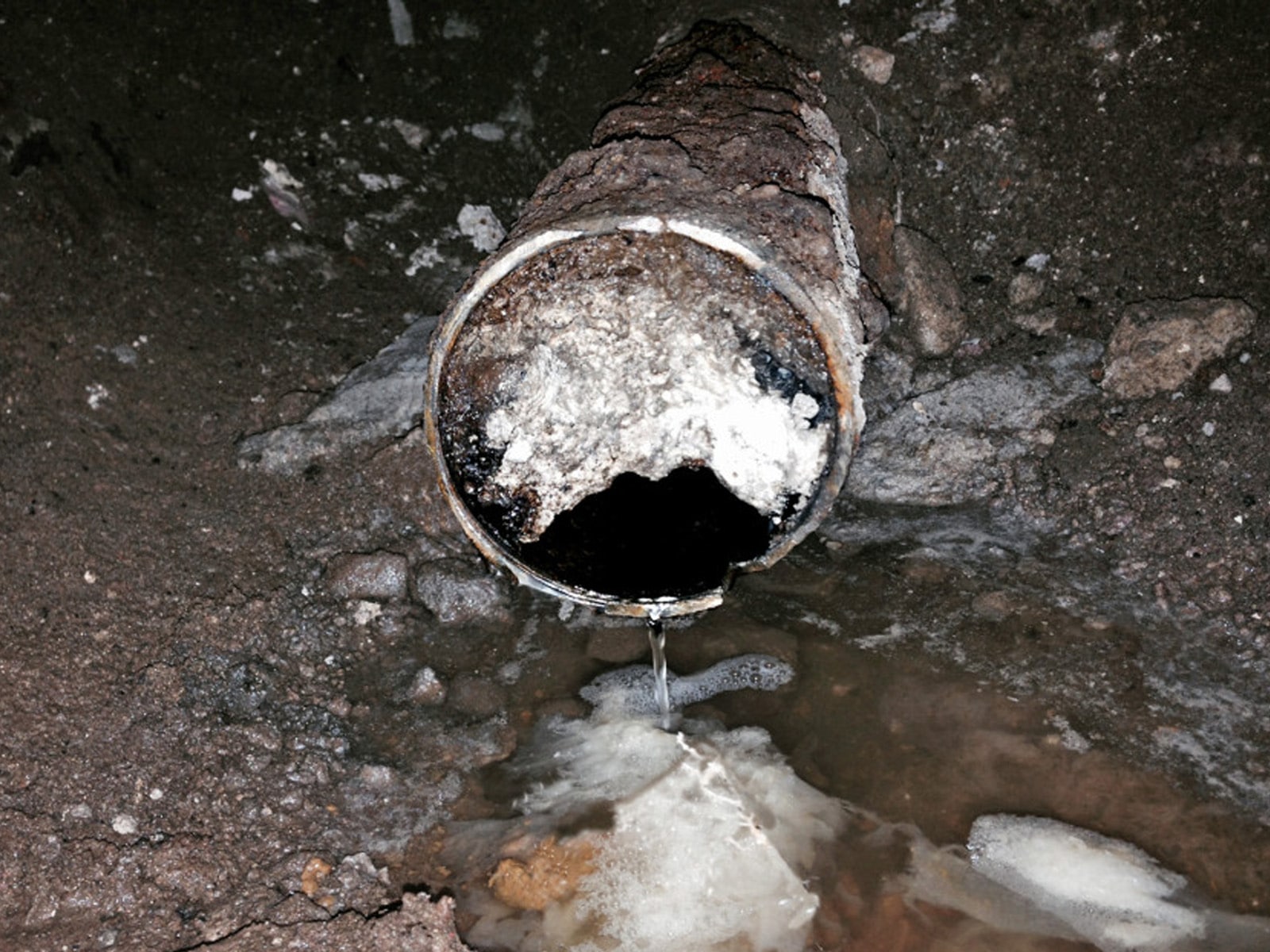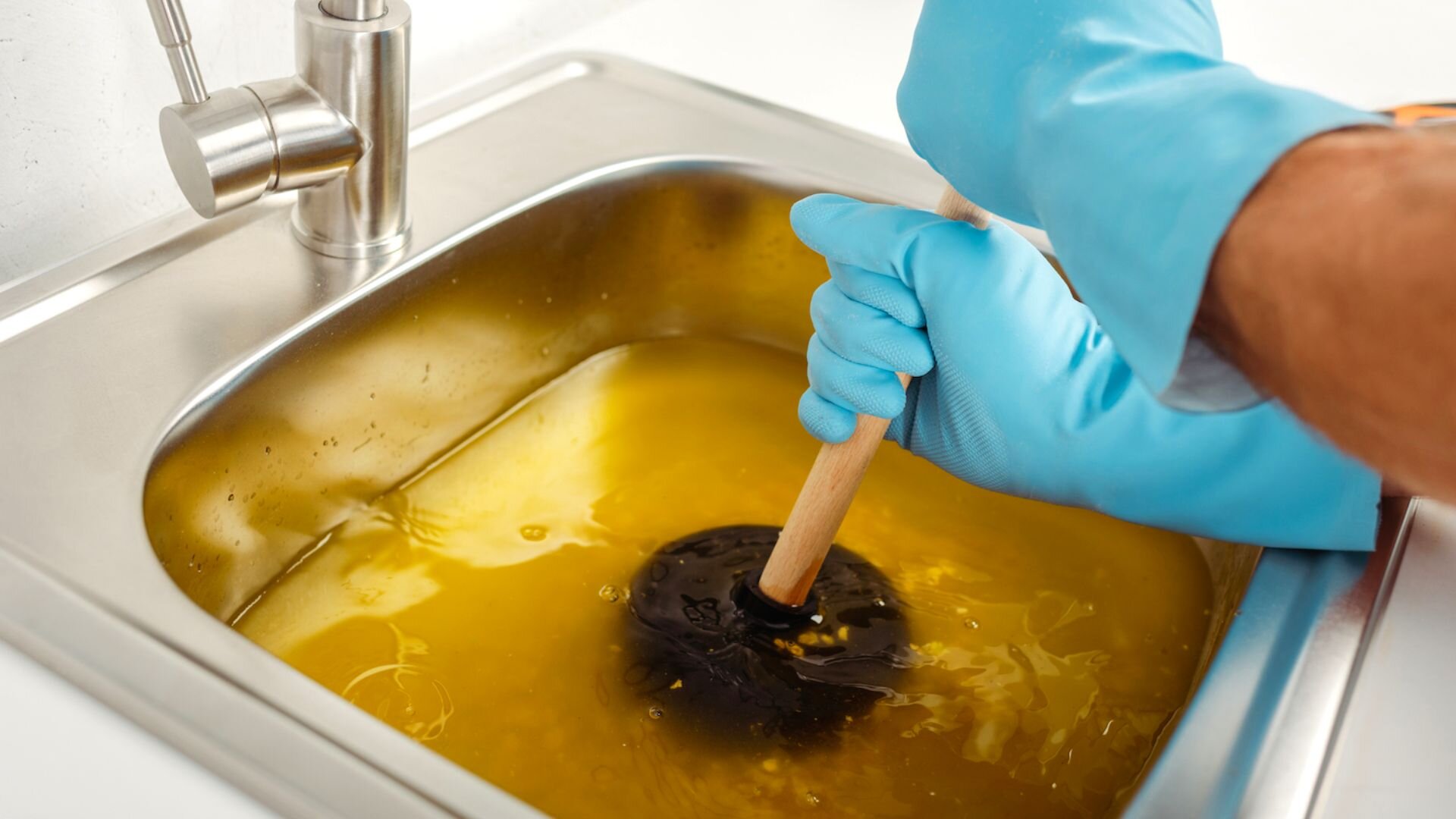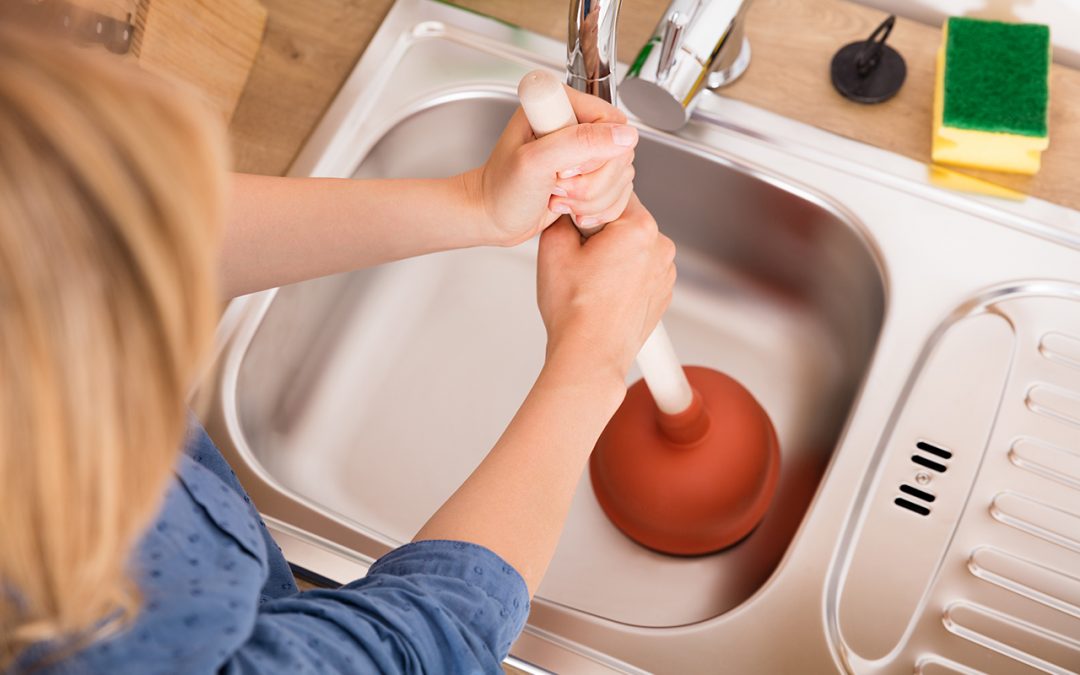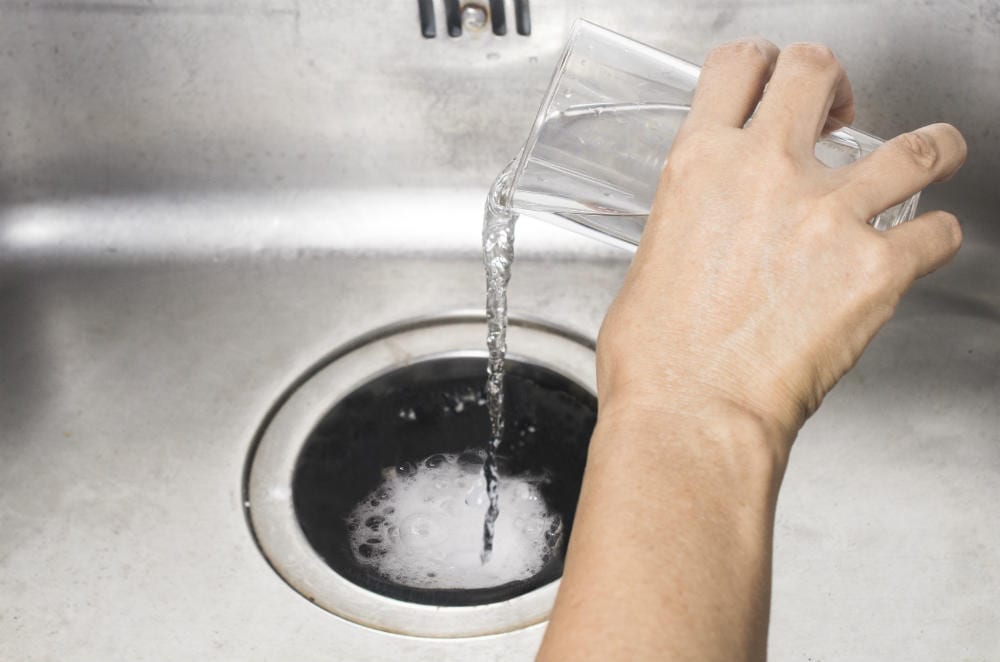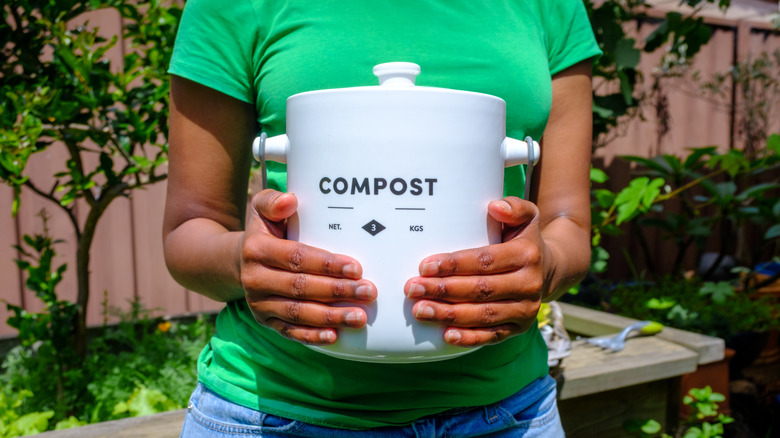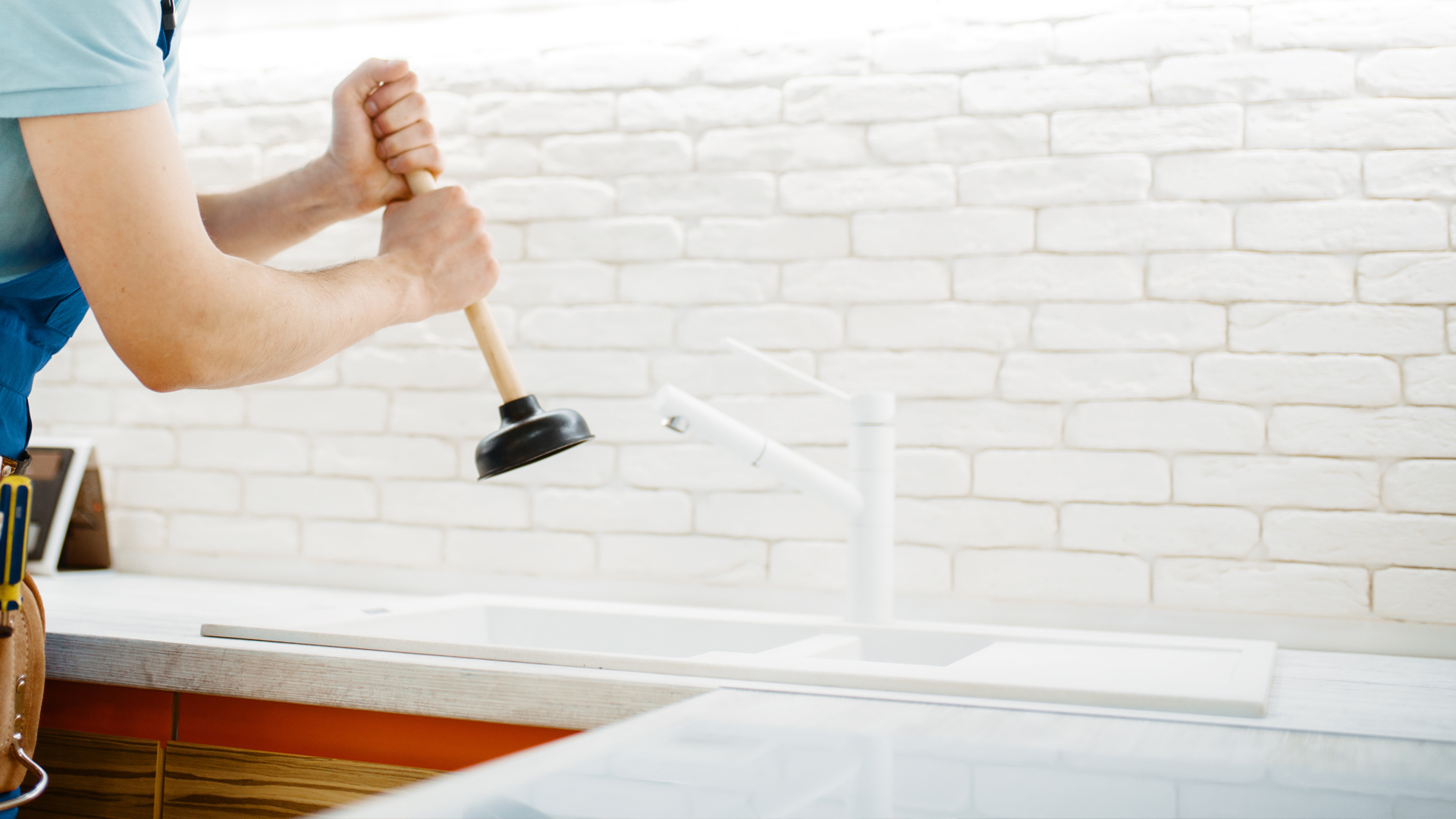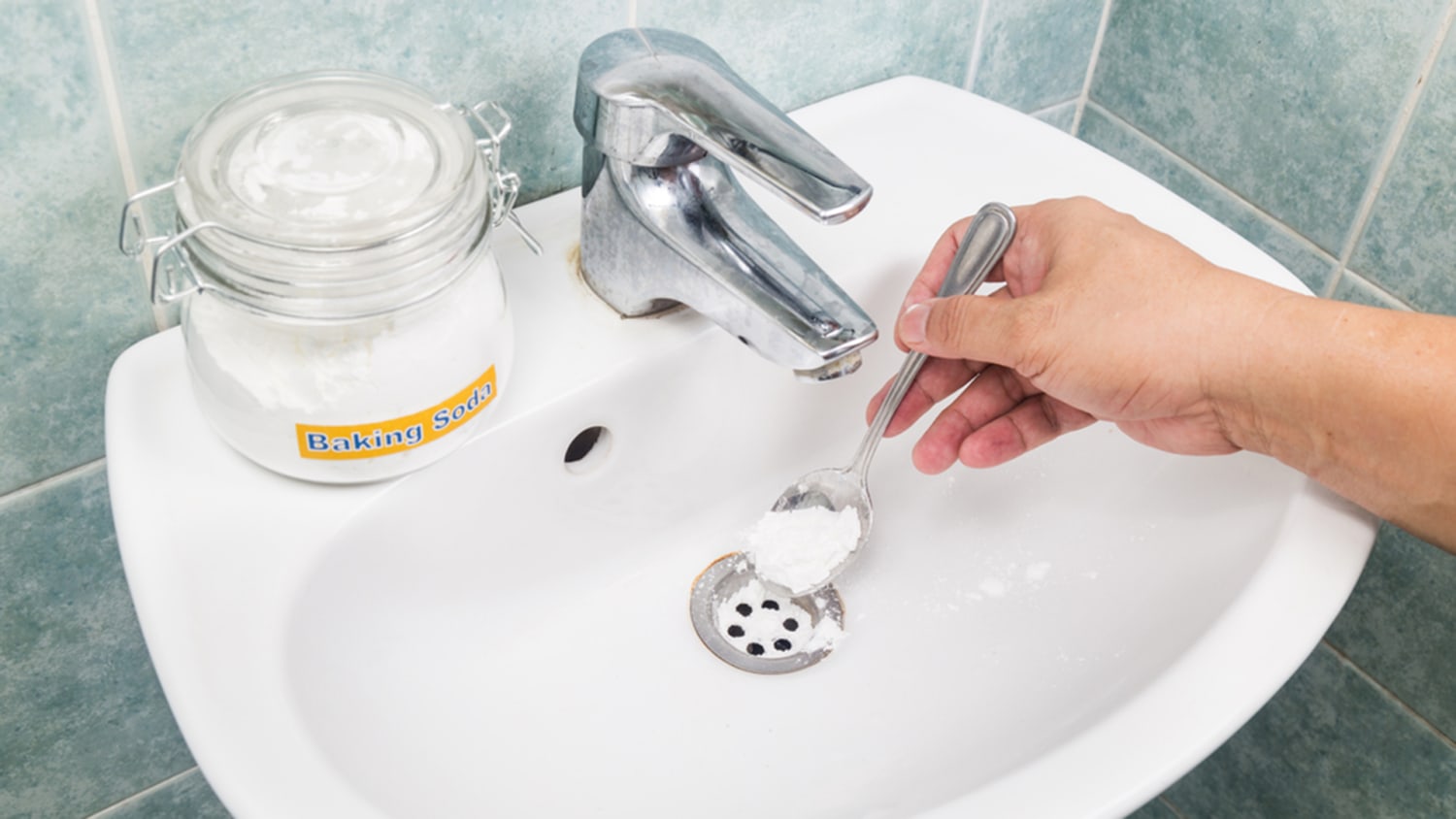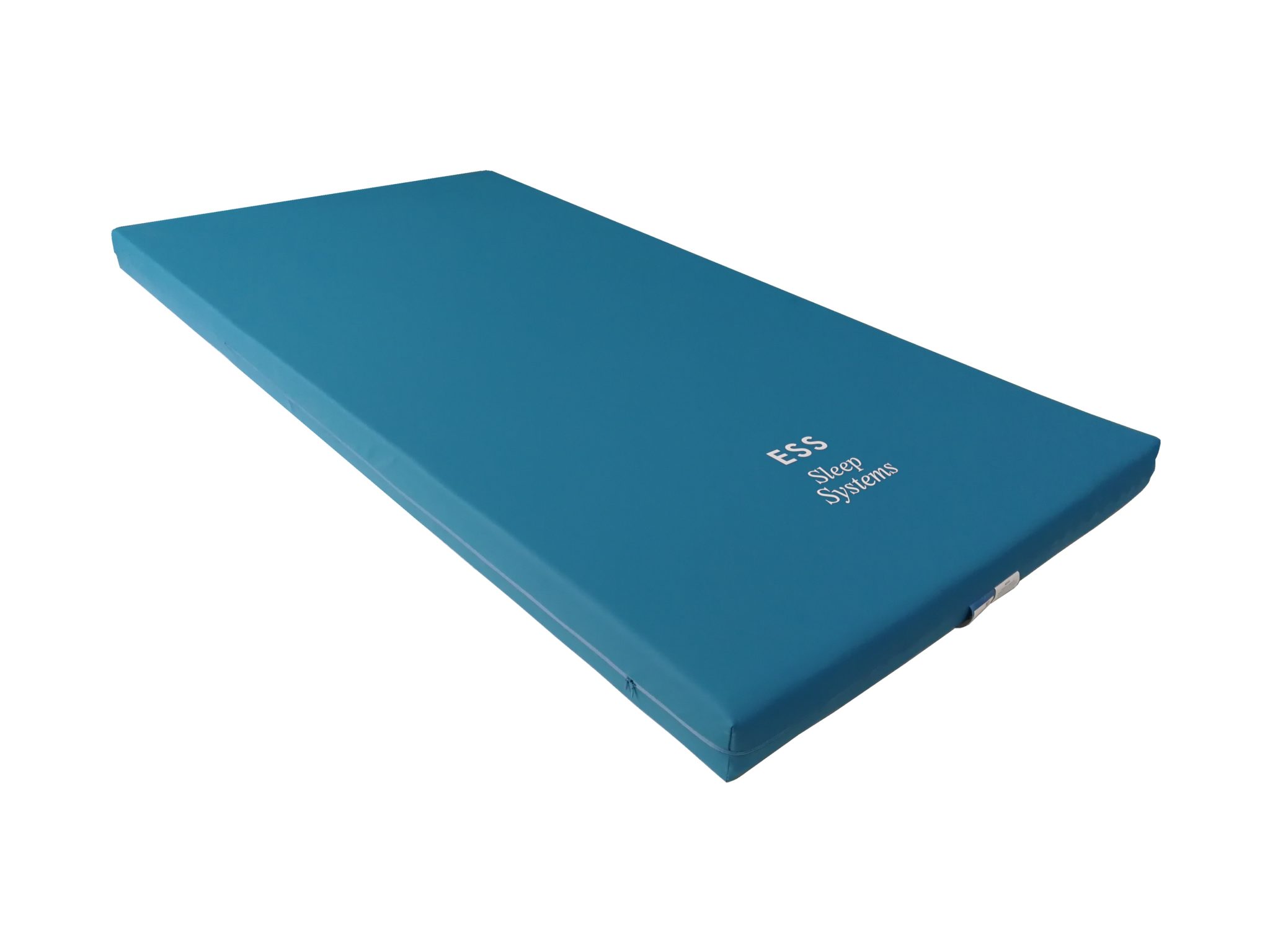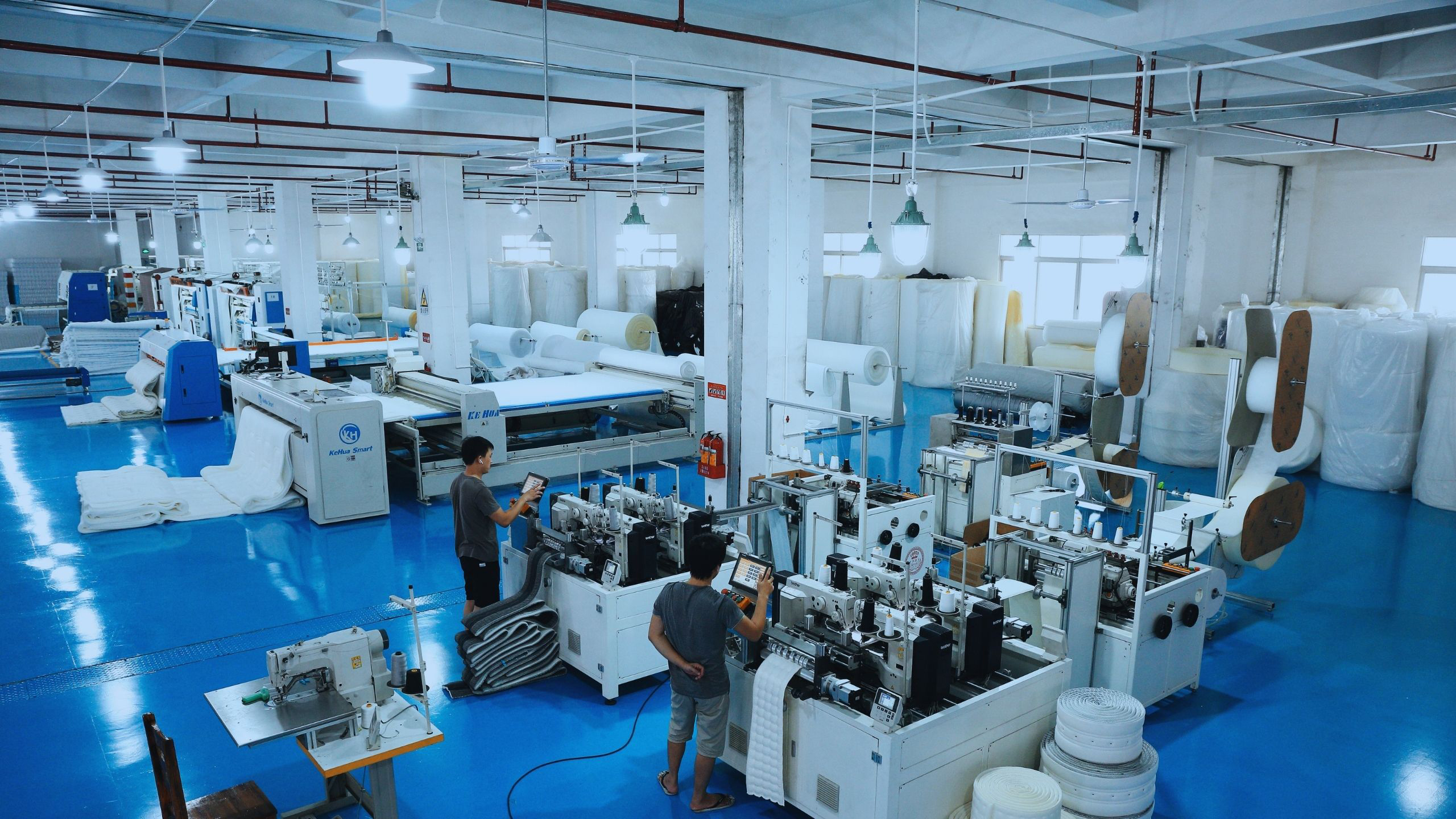Dealing with a slow draining kitchen sink can be frustrating, especially when it's affecting your daily routine. But before you call a plumber and spend money on a costly fix, try these simple DIY solutions to get your sink draining properly again. The first step is to identify the cause of the slow draining sink. It could be a build-up of food particles, grease, or even a blockage in the pipes. Once you determine the root cause, you can choose the appropriate method to fix it.How to Fix a Slow Draining Kitchen Sink
If the cause of the slow draining sink is a clog, there are a few ways to tackle it yourself. One of the most effective methods is using a plunger. Simply fill the sink partially with water, place the plunger over the drain, and push and pull to create suction. This should dislodge the clog and allow the water to flow freely. You can also try using a plumbing snake, which is a long flexible tool that can reach deeper into the pipes to remove the clog. Another DIY method is using a mixture of baking soda and vinegar. Pour 1/2 cup of baking soda down the drain, followed by 1/2 cup of vinegar. Let it sit for 15 minutes, then pour hot water down the drain to flush out the clog.How to Unclog a Kitchen Sink
If the cause of the slow draining sink is a damaged or clogged drain, you may need to repair or replace it. This can be done by removing the drain stopper and cleaning out any debris that may be causing the blockage. If the drain is damaged, you may need to replace it with a new one. This can easily be done with the help of a plumber's wrench. Another common cause of a slow draining sink is a clogged garbage disposal. If you have a garbage disposal attached to your sink, be sure to clean it regularly by running ice cubes and citrus peels through it to keep it from getting clogged.DIY Kitchen Sink Drain Repair
Prevention is key when it comes to maintaining a properly functioning kitchen sink. To avoid future clogs and slow draining, make sure to dispose of food scraps properly and avoid pouring oil and grease down the drain. You can also use a hair catcher in the sink to prevent hair from clogging the drain. Regularly cleaning your sink and drain with a mixture of baking soda and vinegar can also help keep it free from clogs and build-up. This simple solution can be done once a month to maintain a healthy and functioning drain.Simple Solutions for a Slow Draining Sink
This DIY method is not only effective but also environmentally friendly. The combination of baking soda and vinegar creates a chemical reaction that can help break down and remove clogs in your kitchen sink drain. Start by pouring 1/2 cup of baking soda down the drain, followed by 1/2 cup of vinegar. Cover the drain with a stopper or a cloth to contain the fizzing reaction. After 15 minutes, pour hot water down the drain to flush out the clog.Unclogging a Kitchen Sink with Baking Soda and Vinegar
Aside from the methods mentioned above, there are a few other DIY tips that can help keep your kitchen sink draining smoothly. Using a plunger regularly, especially after doing dishes, can help prevent clogs from forming. You can also try using a mixture of hot water and dish soap to flush out any build-up in the drain. If you have a double sink, make sure to plug one side while using the other to prevent water from backing up into the other sink. And lastly, avoid using harsh chemicals to unclog your sink, as they can cause damage to your pipes and the environment.DIY Tips for a Slow Draining Kitchen Sink
If the methods mentioned above don't work, you may need to clear the clog using a plumbing snake. This tool can reach deeper into the pipes and remove any stubborn clogs that may be causing the slow draining sink. If you're not comfortable using a plumbing snake, you can also call a professional plumber to do the job for you. They have the expertise and tools to safely and effectively clear any clogs in your kitchen sink drain.Clearing a Clogged Kitchen Sink Drain
There are many simple and effective DIY methods for unclogging a kitchen sink. One method is using a mixture of salt and baking soda. Pour 1/2 cup of each down the drain, followed by boiling water. Let it sit for a few minutes, then rinse with hot water to flush out the clog. You can also try using a mixture of salt and lemon juice. Pour 1/2 cup of salt down the drain, followed by 1/2 cup of lemon juice. Let it sit for 15 minutes, then rinse with hot water.Easy DIY Methods for Unclogging a Kitchen Sink
If you prefer to use natural methods to unclog your kitchen sink, there are several options available. One method is using a mixture of salt and cream of tartar. Pour 1/2 cup of each down the drain, followed by boiling water. Let it sit for a few minutes, then rinse with hot water to flush out the clog. You can also try using a combination of salt, baking soda, and white vinegar. Pour 1/2 cup of each down the drain, cover with a stopper, and let it sit for 15 minutes. Then, pour hot water down the drain to flush out the clog.How to Fix a Slow Draining Sink Without Chemicals
If you're dealing with a slow draining kitchen sink, don't panic. There are many simple and effective DIY solutions that can help unclog your drain and get it draining properly again. From using a plunger to using natural ingredients like baking soda and vinegar, you can easily fix a slow draining sink without breaking the bank. Remember to regularly maintain your sink and drain to prevent clogs and ensure proper functionality. And if DIY methods don't work, don't hesitate to call a professional plumber for assistance. With these tips, you can keep your kitchen sink draining smoothly for years to come.DIY Solutions for a Slow Draining Kitchen Sink
Troubleshooting a Slow-Draining Kitchen Sink: Tips and Tricks

What Causes a Kitchen Sink to Drain Slowly?
 There are a few common reasons why your kitchen sink may be draining slowly. The most common culprit is a clog in the drain pipe. This can be caused by a buildup of food particles, grease, or other debris. Another potential cause is a blocked air vent, which can prevent proper drainage. Additionally, a broken or improperly installed garbage disposal can also lead to slow draining.
There are a few common reasons why your kitchen sink may be draining slowly. The most common culprit is a clog in the drain pipe. This can be caused by a buildup of food particles, grease, or other debris. Another potential cause is a blocked air vent, which can prevent proper drainage. Additionally, a broken or improperly installed garbage disposal can also lead to slow draining.
How to Fix a Slow-Draining Kitchen Sink
 If you're experiencing a slow-draining kitchen sink, there are a few steps you can take to troubleshoot and fix the issue. First, try using a plunger to clear any clogs in the drain pipe. If that doesn't work, you can try using a homemade mixture of baking soda and vinegar to break down any buildup in the pipes. Another method is using a plumbing snake to physically remove any clogs. If your sink has a garbage disposal, make sure it is installed correctly and functioning properly. If none of these solutions work, it may be time to call a professional plumber for further assistance.
If you're experiencing a slow-draining kitchen sink, there are a few steps you can take to troubleshoot and fix the issue. First, try using a plunger to clear any clogs in the drain pipe. If that doesn't work, you can try using a homemade mixture of baking soda and vinegar to break down any buildup in the pipes. Another method is using a plumbing snake to physically remove any clogs. If your sink has a garbage disposal, make sure it is installed correctly and functioning properly. If none of these solutions work, it may be time to call a professional plumber for further assistance.
Preventing Future Slow Draining
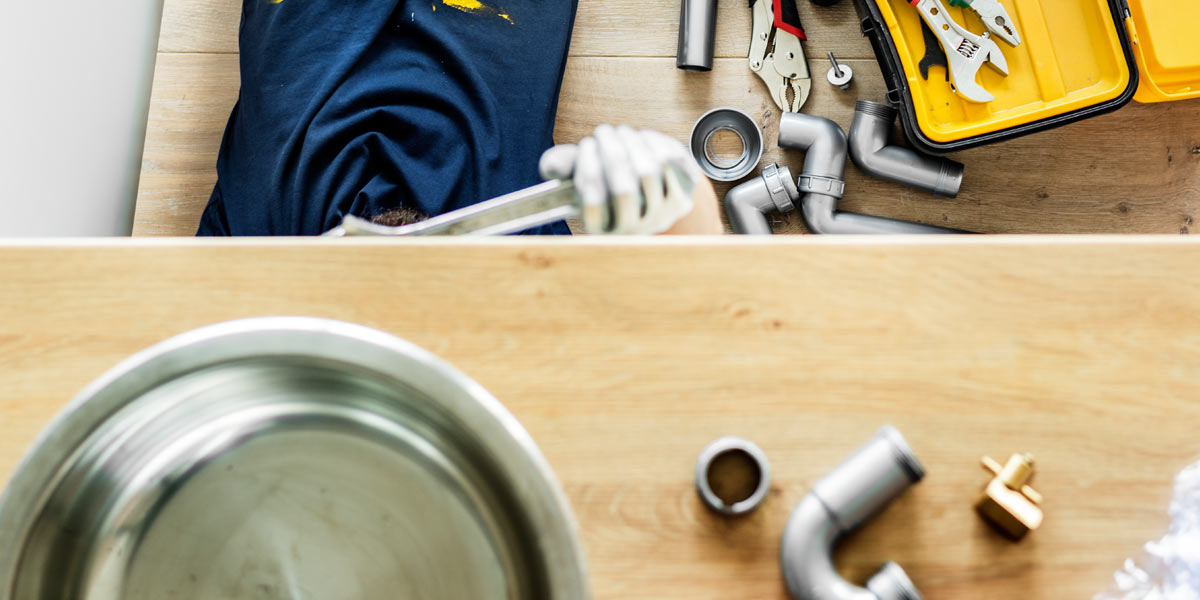 To avoid dealing with a slow-draining kitchen sink in the future, there are some preventative measures you can take. Avoid pouring grease or oil down the drain, as it can solidify and cause clogs. Use a sink strainer to catch any food particles, and regularly clean it out to prevent buildup. Additionally, every few months, pour a mixture of boiling water and baking soda down the drain to help prevent clogs.
In Conclusion
, a slow-draining kitchen sink can be a frustrating and inconvenient issue to deal with. However, with some troubleshooting and preventative measures, you can keep your sink draining smoothly. Remember to regularly clean your sink and drain to prevent buildup, and call a professional if you're unable to fix the issue yourself. By taking care of your kitchen sink, you can maintain a functional and efficient space in your home.
To avoid dealing with a slow-draining kitchen sink in the future, there are some preventative measures you can take. Avoid pouring grease or oil down the drain, as it can solidify and cause clogs. Use a sink strainer to catch any food particles, and regularly clean it out to prevent buildup. Additionally, every few months, pour a mixture of boiling water and baking soda down the drain to help prevent clogs.
In Conclusion
, a slow-draining kitchen sink can be a frustrating and inconvenient issue to deal with. However, with some troubleshooting and preventative measures, you can keep your sink draining smoothly. Remember to regularly clean your sink and drain to prevent buildup, and call a professional if you're unable to fix the issue yourself. By taking care of your kitchen sink, you can maintain a functional and efficient space in your home.









/plumber-unclogging-kitchen-sink-169270382-5797a9355f9b58461f27f024.jpg)




/how-to-unclog-a-kitchen-sink-2718799_sketch_FINAL-8c5caa805a69493ab22dfb537c72a1b7.png)









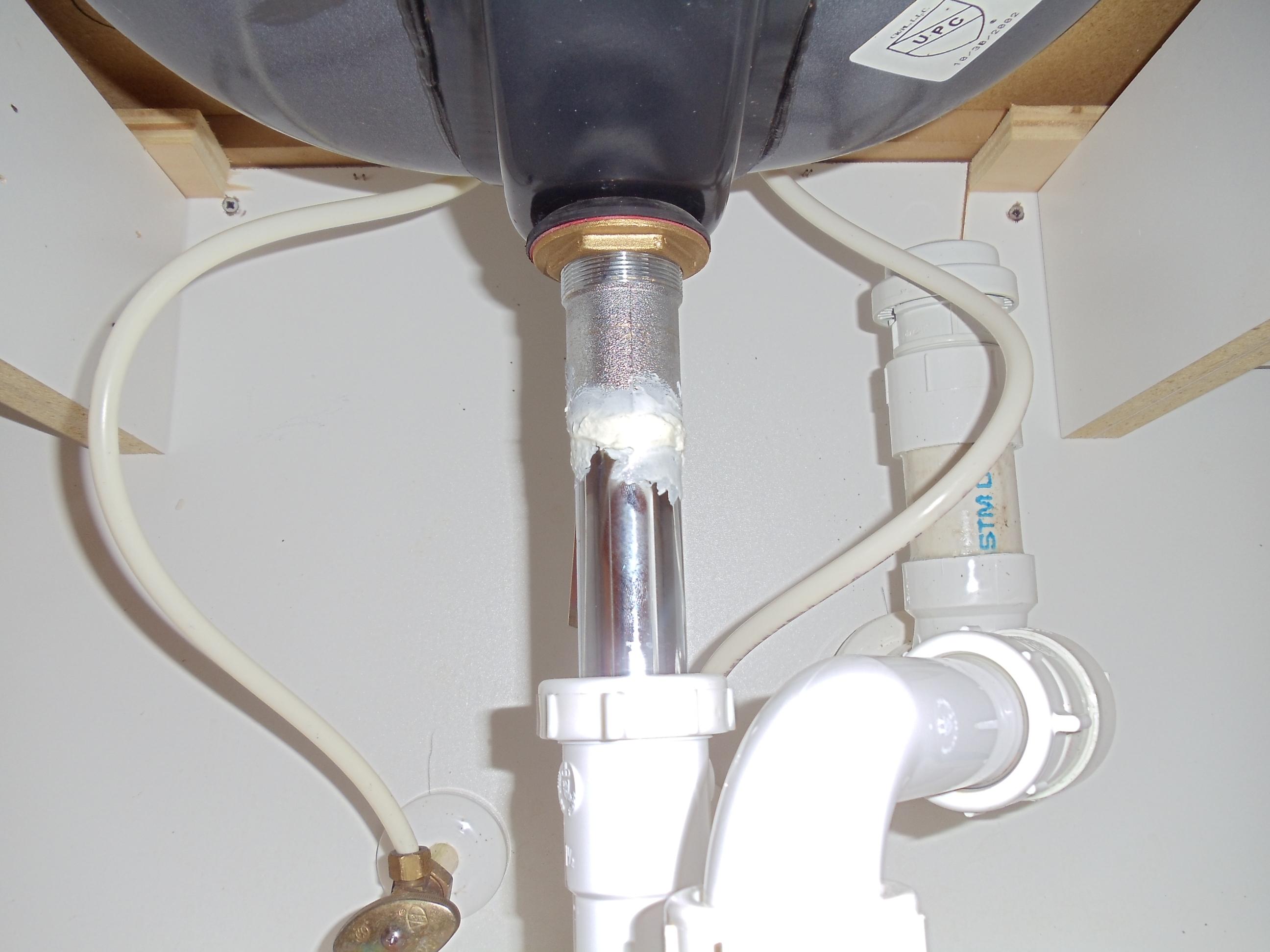






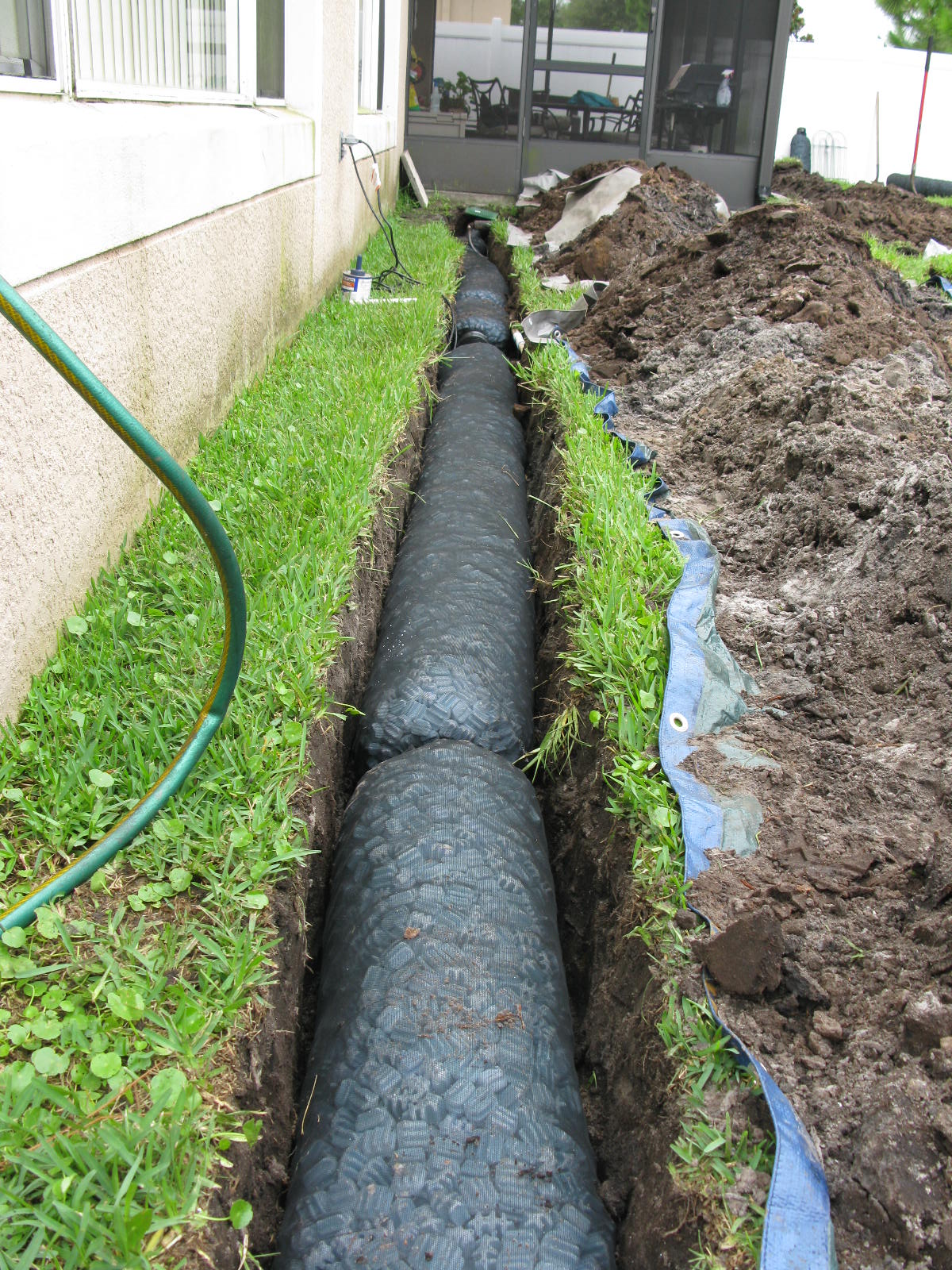



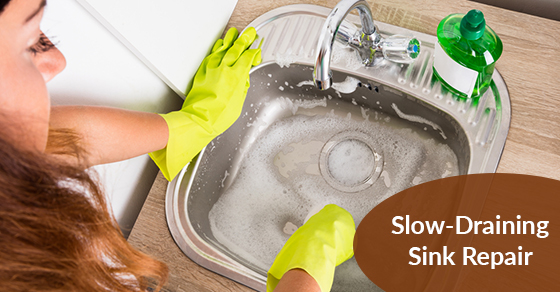



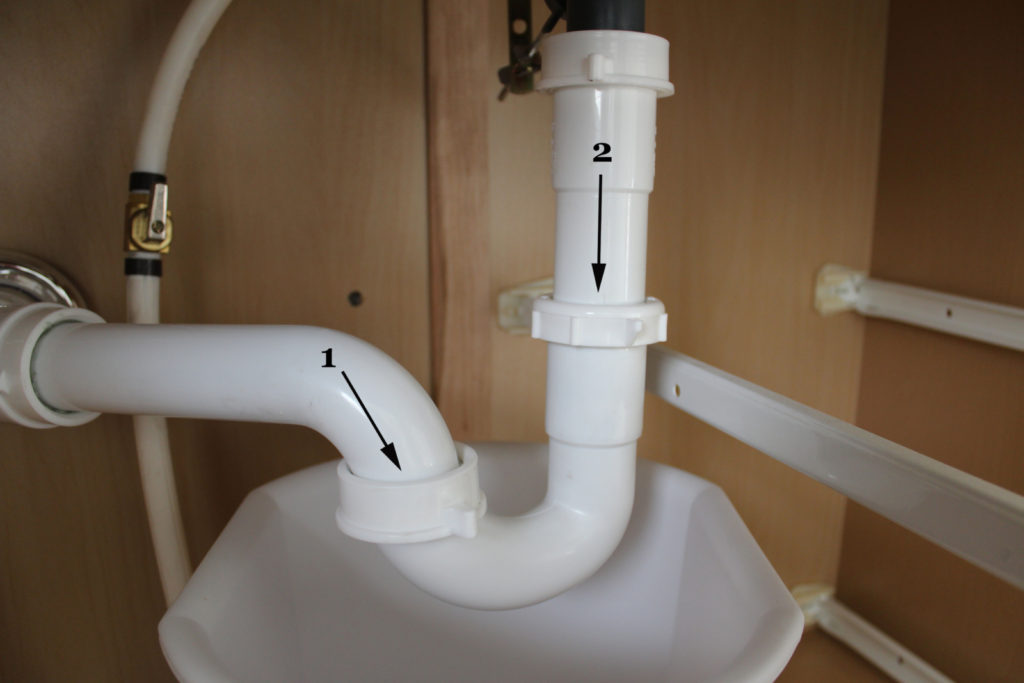
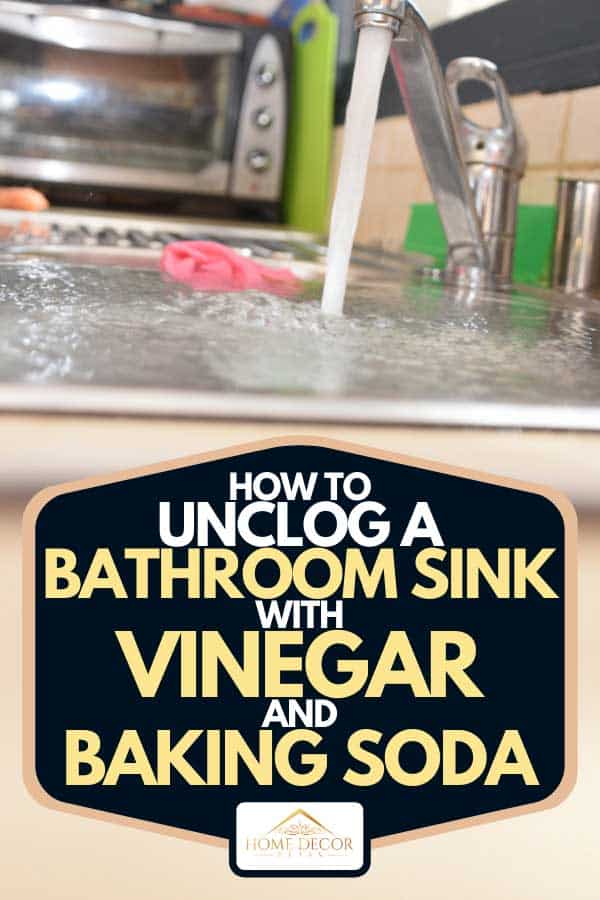





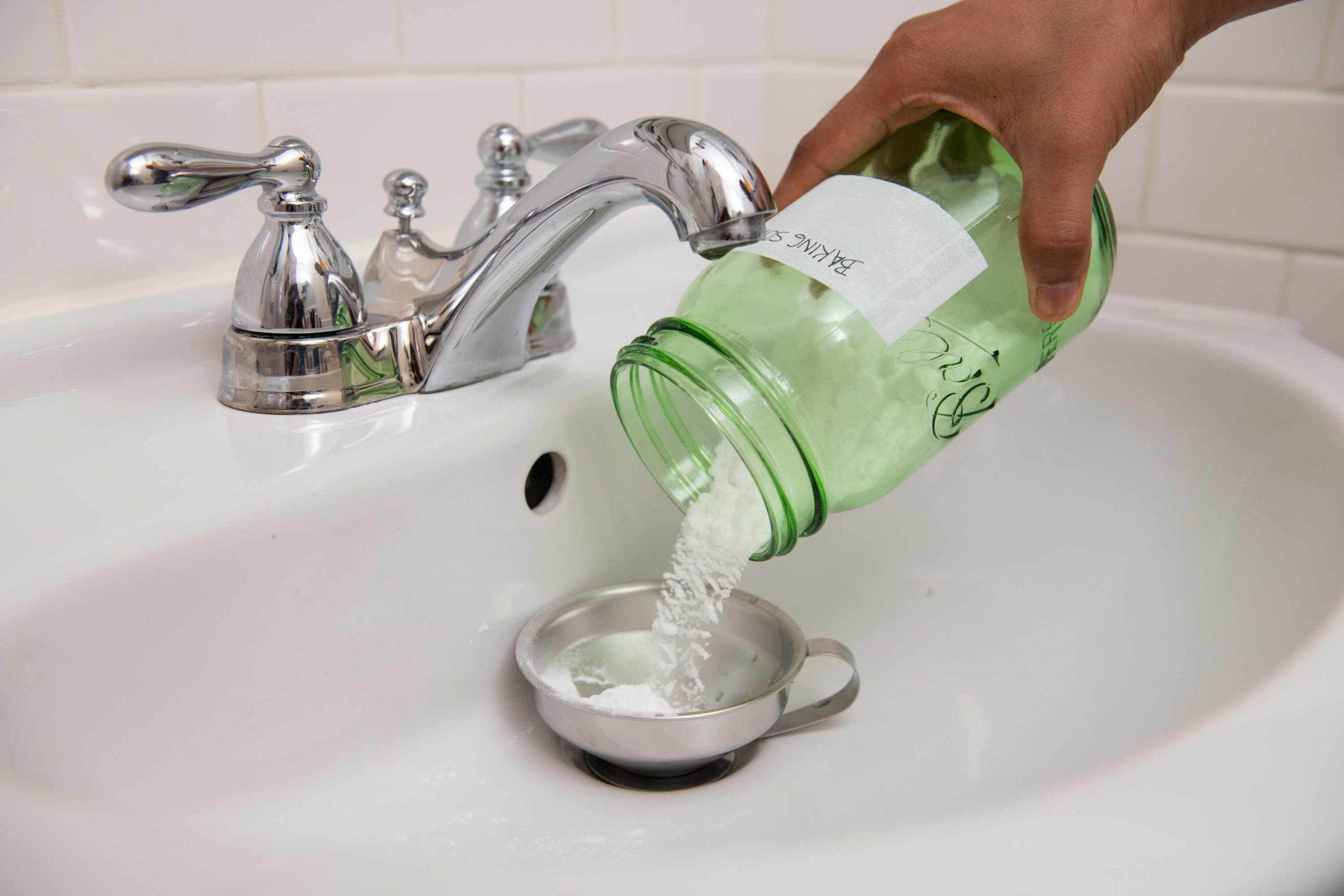
:max_bytes(150000):strip_icc()/freshen-and-unclog-drain-with-baking-soda-1900466-18-1a5b5da01939471ca8f8823865bd1ce8.jpg)

:max_bytes(150000):strip_icc()/freshen-and-unclog-drain-with-baking-soda-1900466-22-bbf940b70afa4d5abef0c54da23b1d3f.jpg)




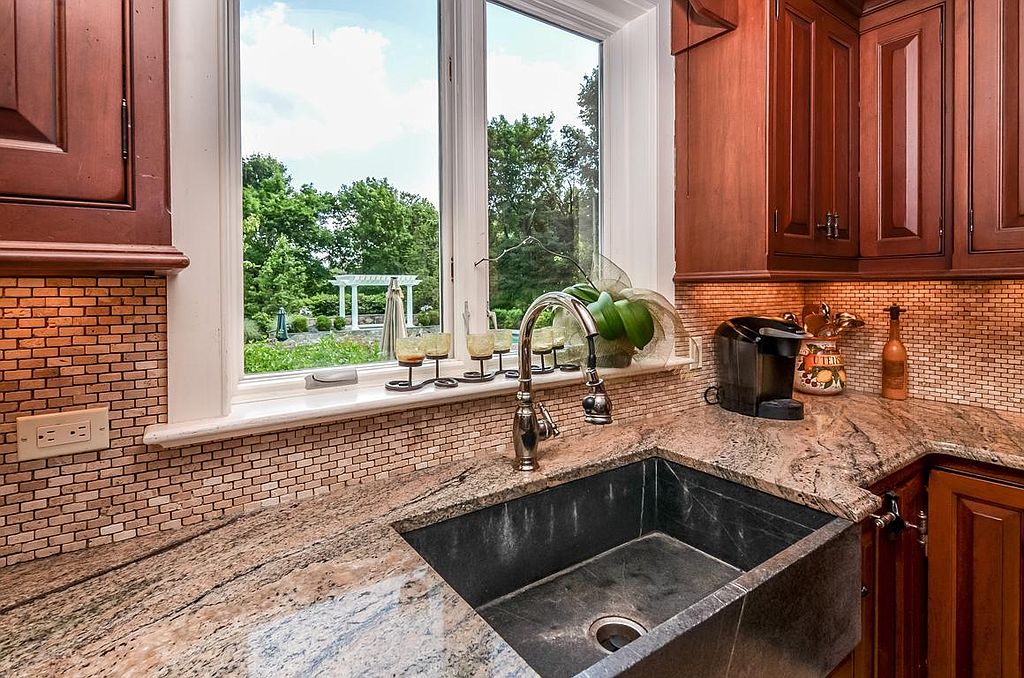





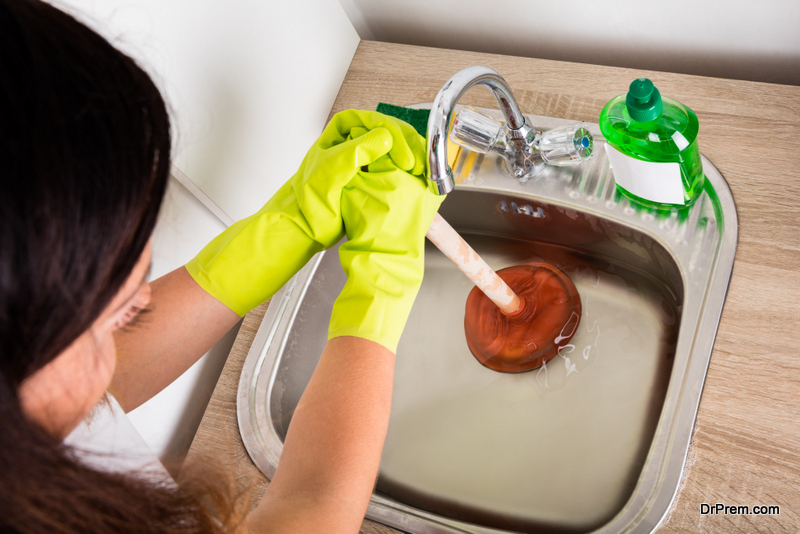
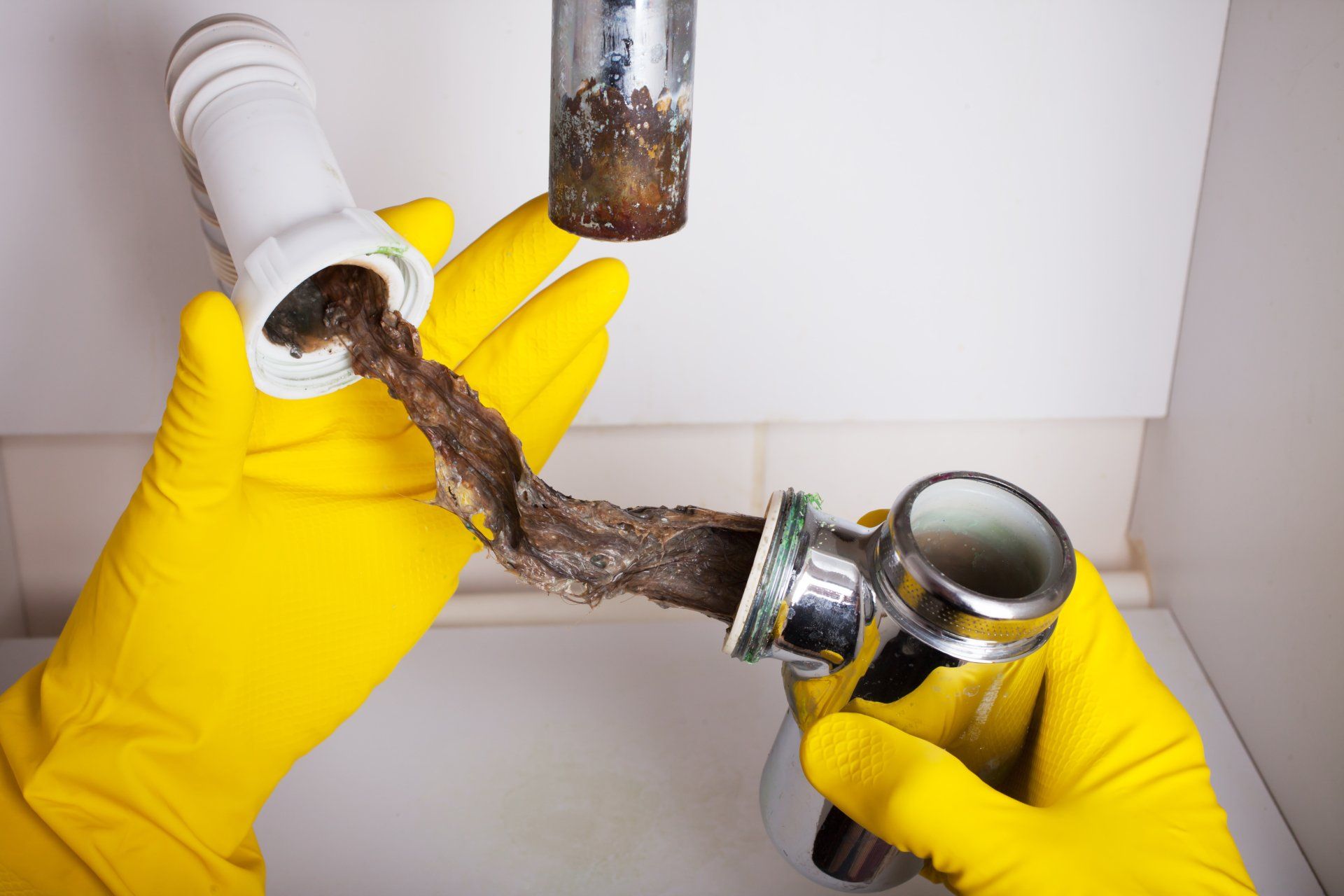

:max_bytes(150000):strip_icc()/freshen-and-unclog-drain-with-baking-soda-1900466-22-bbf940b70afa4d5abef0c54da23b1d3f.jpg)


